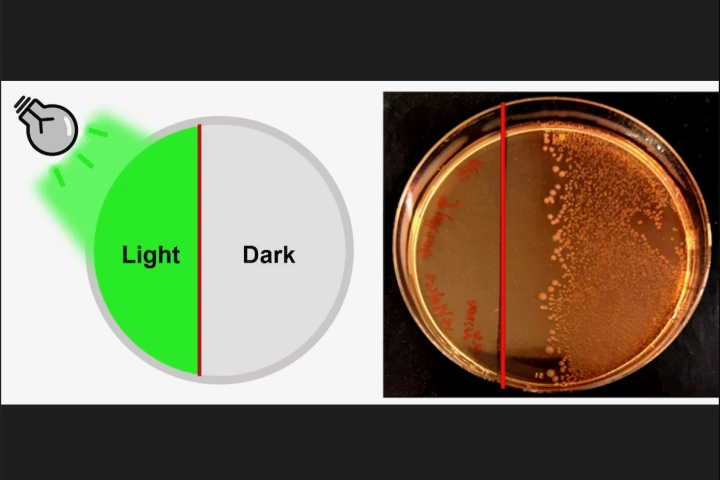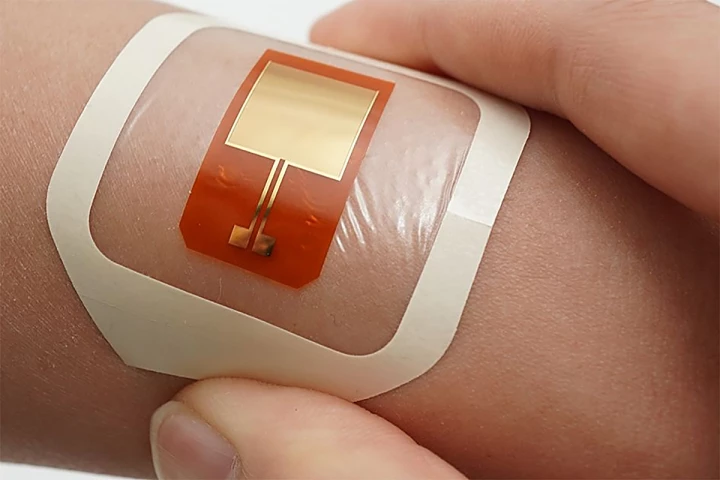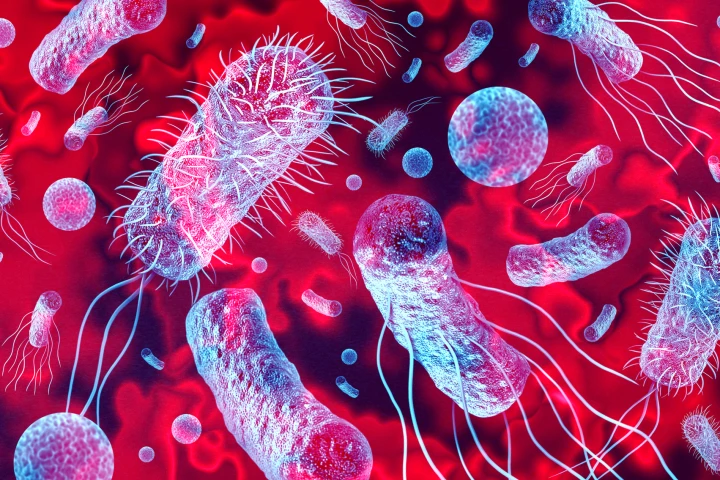Antibiotic-resistant bacteria
-
As unspent antibiotics pass from our bodies, they contribute to the development of antibiotic-resistant bacteria. Scientists are addressing this problem with a new technology which causes such drugs to only become active upon exposure to green light.
-
A decade-long study of 35 million Americans in 10 states has found that group A streptococcus infections have more than doubled. What's more, "strep" – which can cause a bizarre flesh-eating disease – has become increasingly resistant to antibiotics.
-
In seeking new antibiotic sources, researchers have turned to an unlikely source: a whiffy frog known as Odorrana andersonii. By unclumping a compound it produces naturally, they've found a potential gut-friendly ally in the fight against superbugs.
-
Scientists have made a major breakthrough in the accuracy and speed at which serious and often deadly pathogen infections can be diagnosed and treated. Often, this is time that is critically important in saving a patient's life.
-
Researchers have discovered that proteins found in oyster blood have bacteria-killing properties and can boost the effectiveness of some common antibiotics whose use has been negatively affected by the global rise in drug resistance.
-
A recent study has shown that nanoplastics – plastic particles smaller than 0.001 millimeters – block the body's ability to absorb antibiotics normally, and may even lead to the growth of antibiotic-resistant bacteria.
-
As more bacteria become increasingly resistant to antibiotics, we need more ways to fight infections. That's where this new patch comes in. With a gentle electric zap, this wearable could prevent bacteria from doing a number on us through our skin.
-
A. baumannii bacteria is a nasty antibiotic-resistant bug that thrives in hospitals, where it takes advantage of weakened immune systems. Researchers have now found the bacteria's secret weapon and have ideas on how to use it for good.
-
Science's war against the super-small and, sometimes, super-deadly bacteria that have evolved to resist destruction by antibiotics may have just enlisted new, unlikely allies: invertebrate creatures living in the frigid depths of the Arctic Ocean.
-
Researchers have combined the bacteria-killing actions of two classes of antibiotics into one, demonstrating that their new dual-action antibiotic could make bacterial resistance (almost) an impossibility.
-
Antibiotics kill disease-causing bacteria as well as the beneficial ones living in our gut, disturbing the health-maintaining microbiome. A new antibiotic specifically targets hard-to-kill bacteria while leaving our good gut bacteria alone, according to a new study.
-
To help combat the rise of antibiotic-resistant bacteria, researchers have been experimenting for years with drug-free methods to blast disease-causing bugs. A new type of stainless steel does exactly that, in a convenient and affordable way.
Load More











